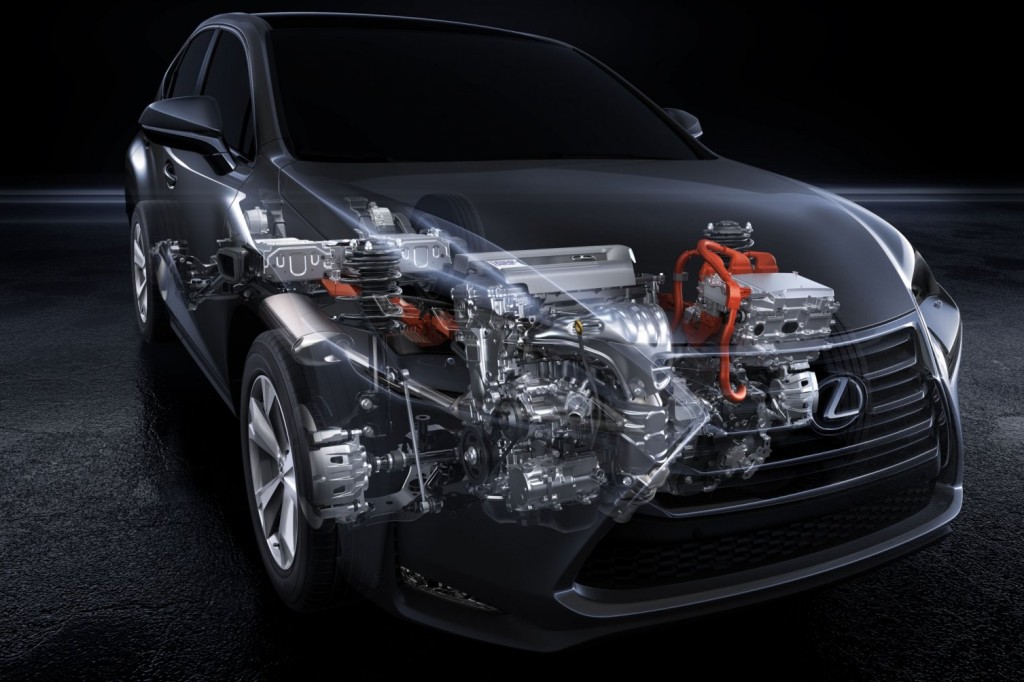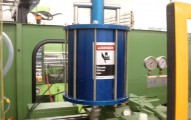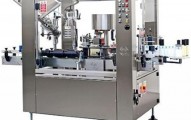Auto Pipes Made by WIM; Weight Reduced by 40%
Japanese auto parts producer Toyoda Gosei says it has successfully mass produced integrally moulded lightweight plastic water pipes with its material and production technologies. It is the first time that the parts have been manufactured in Japan using water-assisted injection moulding (WIM). The company used its material technology to compound and mix different materials, thus allowing the new plastic pipes to display sufficient durability against coolants.
WIM allows the moulding of plastic pipes with three-dimensional curves while squirting water to produce hollows through the pipes. This technology has also reduced the weight of the coolant pipes by about 40% compared to conventional pipes consisting mainly of iron or stainless steel. The new pipes with intricate curves also help downsize the engine area in automobiles, whereas forming conventional metal pipes into such shapes would be unworkable. Moreover, the integral moulding, a method to form plastics simultaneously into multiple pipes, brackets, and other peripheral components as a unified part, reduces the number of necessary components, thereby contributing to lower production costs.
The Lexus NX car released in July 2014 features the coolant pipes for the intercooler of the turbocharger engine. Toyoda Gosei plans to expand application of its plastic pipes to wider range of auto makers.
Established in 1949 and headquartered in Kiyosu, Aichi Prefecture, Japan, Toyoda Gosei makes rubber and plastic automotive parts and LEDs. Today, the Toyoda Gosei group provides a variety of high-quality products internationally, with a network of 94 plants and offices in 18 countries and regions.










